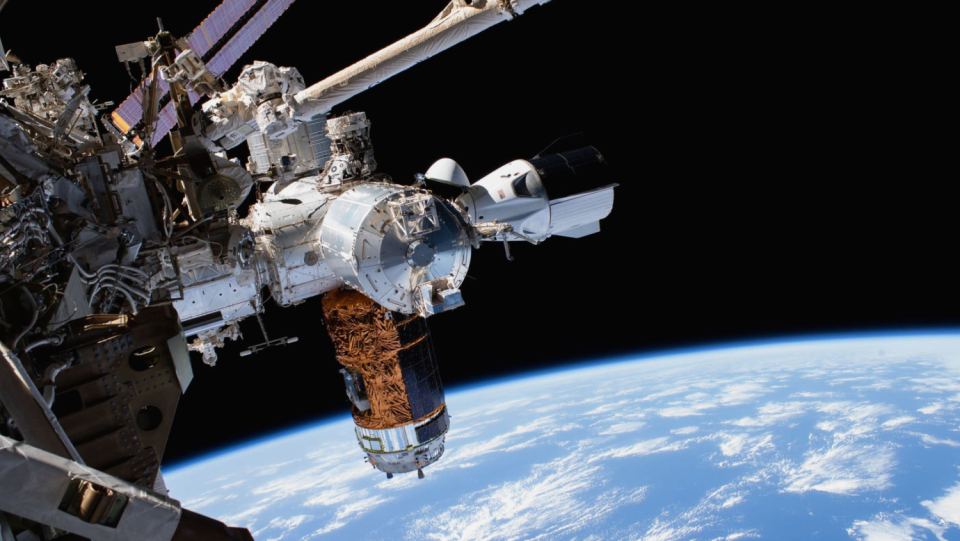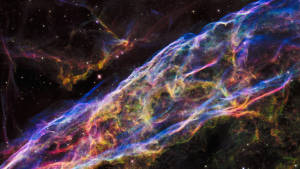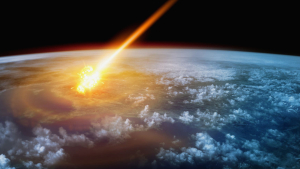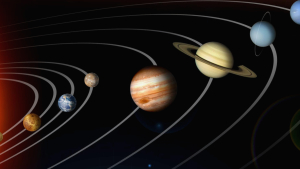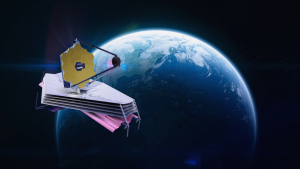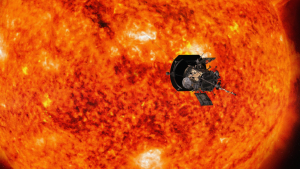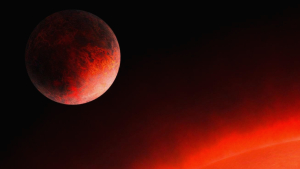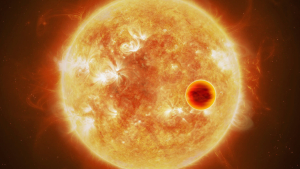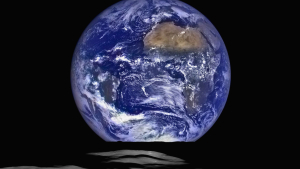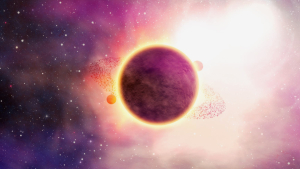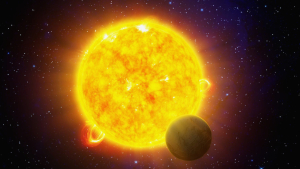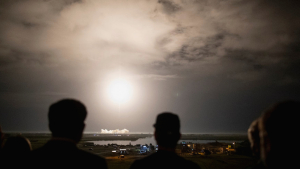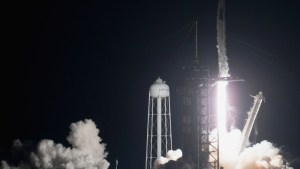Russia is unlikely to withdraw from the International Space Station (ISS) as soon as announced. Yuri Borisov, head of the Russian Space Agency Roscosmos for two weeks, had stated at a meeting with Russian President Vladimir Putin on Tuesday that the decision to withdraw from the ISS had been made: "After 2024" Russia will leave the station. But now, according to the Reuters news agency, Russian space officials have informed their US colleagues at NASA that Moscow wants to keep its cosmonauts on board the ISS until their own orbital outpost is built and ready for operation - and this may take well beyond 2024.
With his media -effective statement, Borissow apparently left a back door open, because further work until the planned crash of the ISS in 2031 would also end "after 2024". At the moment, the western partners around NASA are dependent on their operation on Russia, especially when it comes to the correction maneuvers with which the station is kept in orbit. Just a month ago, NASA had raised the orbit of the ISS for the first time with a Cygnus freight ship from the US company Northrop Grumman.
According to the Heise news portal, there are also considerable doubts about Borisov's announcement elsewhere. For example, he said that the first module for a Russian space station of its own should be in use as early as 2025. However, it seems unrealistic that the schedule can be adhered to in view of the current political situation. In response to the war of aggression against Ukraine, harsh sanctions were imposed on the country, which also severely hit the space industry. The company RKK Energija, which was commissioned to build the space station, announced directly on Tuesday that the first module could be launched in 2028 – if the decision to build it was made later this year.
At NASA, you continue to be emphasized. Kathy Lueders, the head of the manned space department, said in an interview with Reuters that the relationships between NASA and Roskosmos are still "business as usual". "We do not get any signs at any level of work that something has changed." NASA boss Bill Nelson had already said to the German press agency in a first reaction on Tuesday that "was not pointed out by any partner's decisions". NASA still sees itself committed to operating the ISS by 2030 and therefore coordinates their work with the partners.
However, a formal agreement on the extension of the Russian ISS participation beyond 2024 has not yet been reached. NASA, Roscosmos, ESA and the other partners of the station plan to discuss the presence in the laboratory by 2030 during a regular meeting of the relevant administrative body on Friday, Lueders said. (kph)







